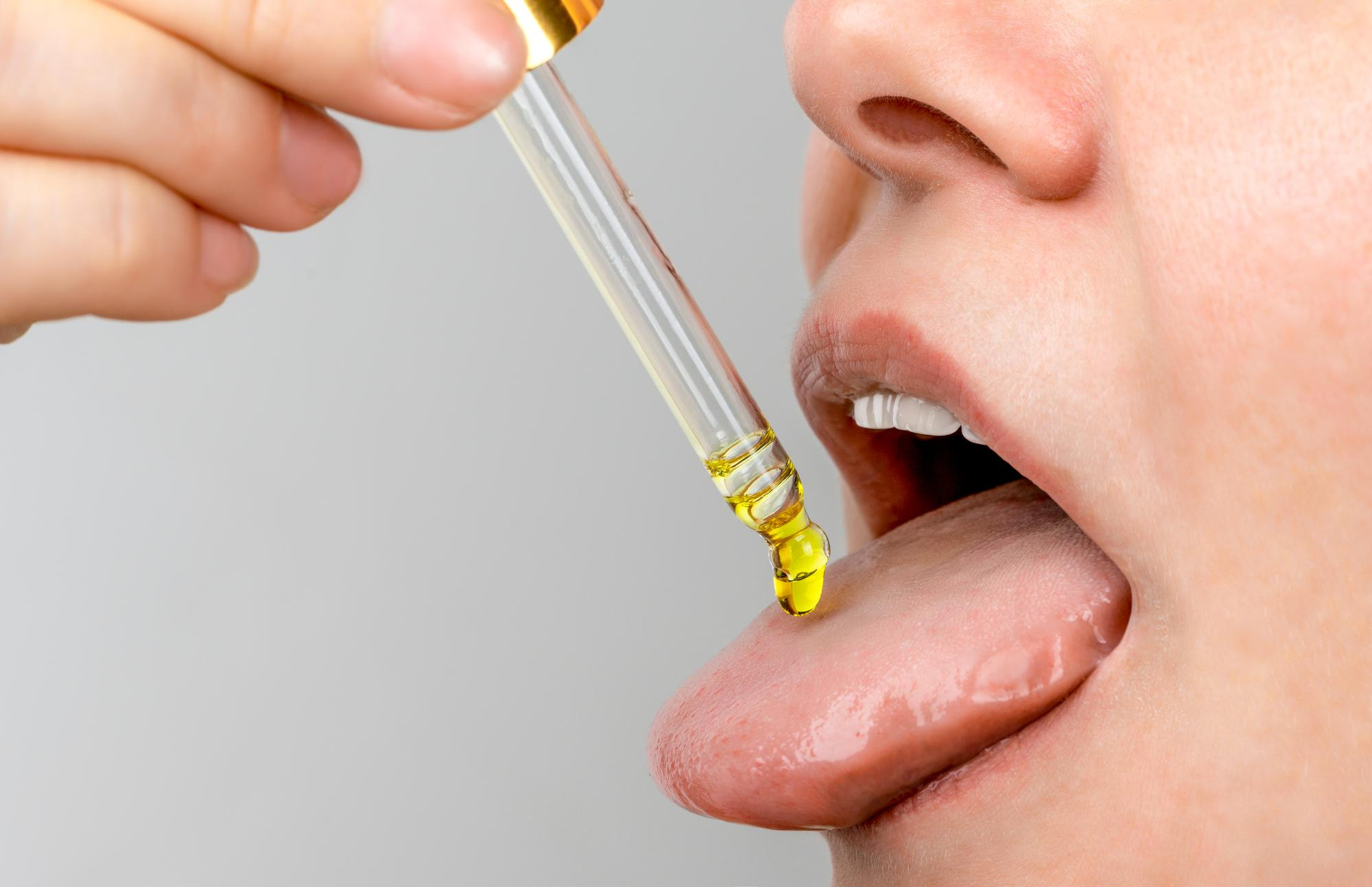Pros and cons of asit therapy for allergies


Viktor Levchenko
Allergies can significantly reduce the quality of life, and many patients are looking for new treatments, such as allergy asit therapy. In this article, we will look at what allergy asit is, the advantages and disadvantages of this method, as well as its indications and contraindications.
What is ASIT therapy and how does it work?
ASIT therapy (allergen-specific immunotherapy) is the treatment of allergic diseases using small doses of specific allergens, in order to reduce the immune system's sensitivity to them and thus alleviate the symptoms of allergy.
The principle of ASIT therapy is to gradually increase the dosage of the allergen, which leads to a readjustment of the immune system and a reduction of the allergic reaction. The patient is regularly injected with small doses of the allergen, which helps build specific immunity and tolerance to the allergen.
Varieties of ASIT therapy: subcutaneous, sublingual and tablets

There are several forms of ASIT therapy:
- Subcutaneous (asit injections) - the allergen is injected under the skin with an injection.
- Sublingual (notches) - the allergen in the form of drops or tablets is placed under the tongue.
- Tablets - the allergen is taken in the form of tablets.
Advantages and disadvantages of ASIT therapy
ASIT therapy has a number of advantages:
- Long-term effects - improvements can persist even after treatment has ended.
- Reduced need for drug therapy - the need for constant intake of anti-allergy drugs is reduced.
- The possibility of treating different types of allergies - the therapy is suitable for the treatment of allergic rhinitis, conjunctivitis, atopic
- dermatitis, eczema and bronchial asthma.
However, ASIT therapy also has its own disadvantages:
- The duration of the course - the course of treatment can take several months or years.
- The need for regular visits to the doctor - to monitor the condition and adjust the dosage of the allergen.
- Possible side effects - there may be local reactions (redness, itching), as well as systemic reactions (respiratory disorders, general weakness).
Process of allergen-specific immunotherapy

Before beginning ASIT therapy, the allergy is diagnosed and the allergen causing the reaction is identified. This can be dust, plant pollen, animal allergens, and others. An allergist-immunologist prescribes appropriate tests and chooses the appropriate medication for treatment.
In the induction phase, there is a gradual increase in allergen dosage. This allows the immune system to adapt and desensitize to the allergen.
After completion of the induction phase, maintenance therapy begins, during which the allergen dose is maintained at a stable level. This helps to consolidate the results of treatment and prevent allergy exacerbations.
Duration and results of ASIT therapy
The course of ASIT therapy may vary depending on the individual characteristics of the patient and the severity of the allergy, but on average it lasts from 3 to 5 years. Results of treatment may appear after only a few months, but for a long-term effect, the entire course must be followed.
Most patients treated with ASIT report a significant improvement and reduction in allergy symptoms. However, results can be individualized, and some patients may need a second course of treatment. Allergies may recur after the course is completed, but the likelihood of recurrence is greatly reduced.
Indications and contraindications for ASIT therapy

ASIT therapy may be used to treat the following allergic conditions:
- Allergic rhinitis and conjunctivitis.
- Atopic dermatitis and eczema.
- Bronchial asthma.
Contraindications and restrictions for ASIT therapy
There are certain restrictions and contraindications to ASIT therapy:
- Age restrictions - therapy is not recommended for children younger than 5 years old.
- Pregnancy - Administration of ASIT therapy during pregnancy is not recommended.
- Oncological diseases and immunodeficiency disorders - in these cases the therapy may be unsafe.
- Uncontrolled asthma and serious cardiovascular diseases - the use of ASIT therapy may aggravate the patient's condition.
In conclusion, ASIT therapy is an effective treatment for allergies, making it possible to reduce sensitivity to allergens and relieve symptoms.
Related Materials
New materials
Popular Articles
We recommend reading
Contact us in the Contact Us section to ask questions, offer ideas, or for more information about our allergy resource.
Our articles are your trusted source of allergy knowledge. Learn how to make life with allergic reactions easier on our specialized portal.
©
Lechenie-Allergii.com. All rights reserved.
© Lechenie-Allergii.com. All rights reserved.
The information on this site is for informational purposes only and is not a substitute for professional medical advice. We recommend consulting with qualified medical professionals for accurate information and advice.
 English
English  Українська
Українська  Русский
Русский 









